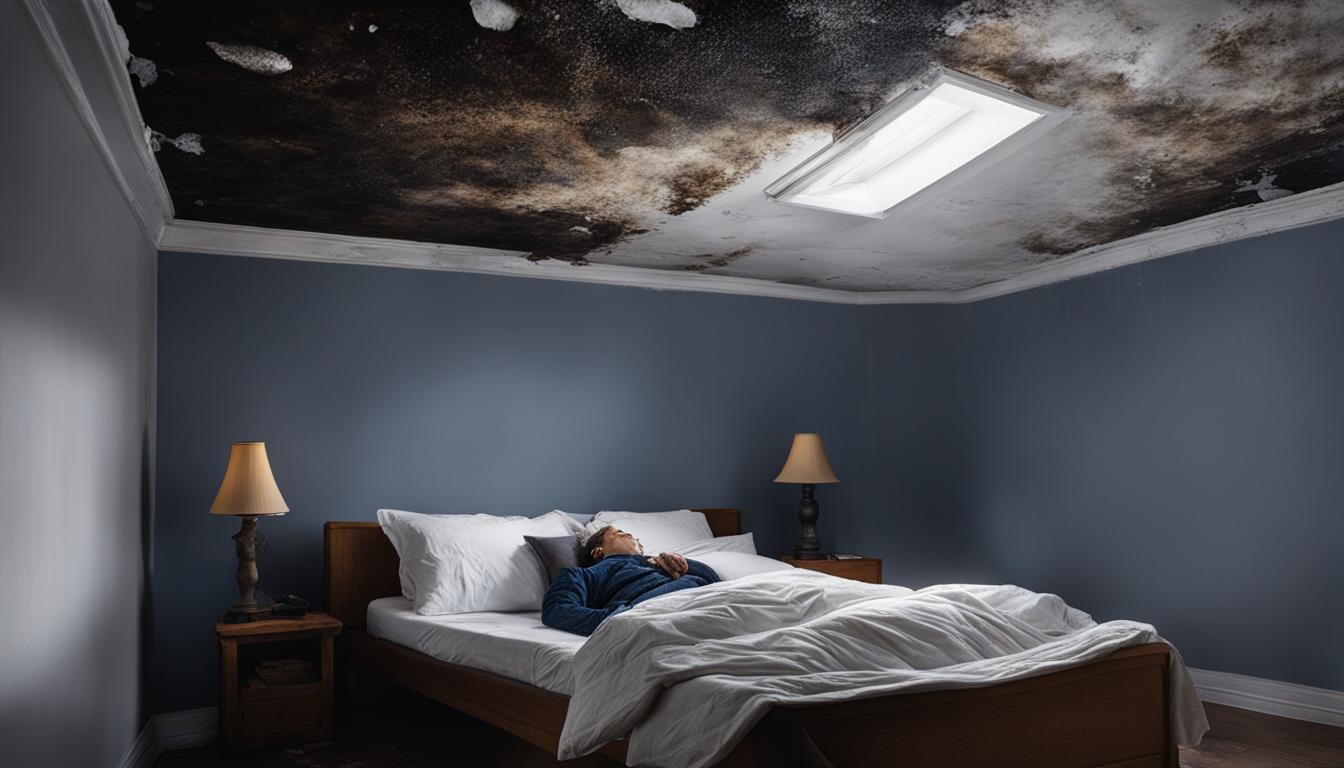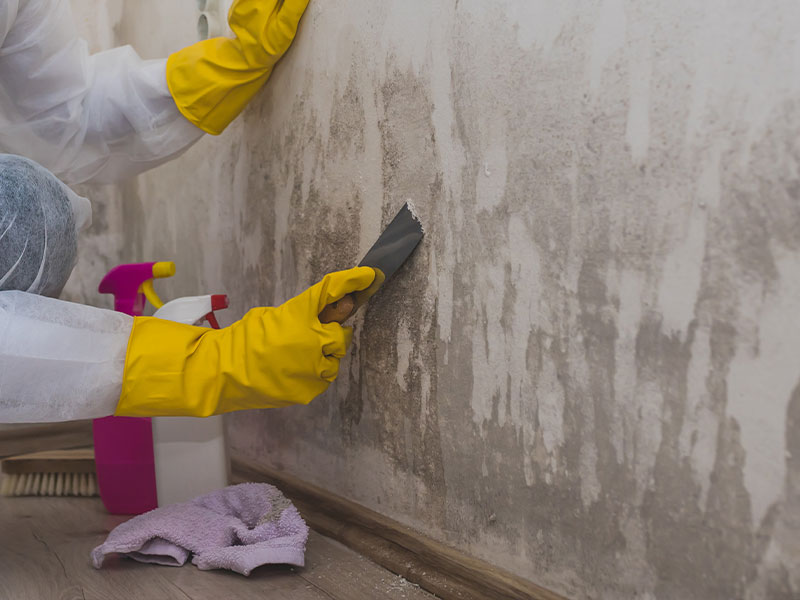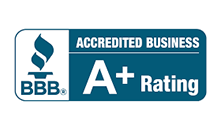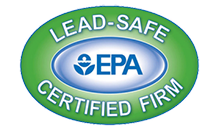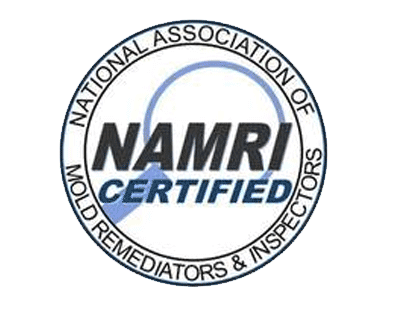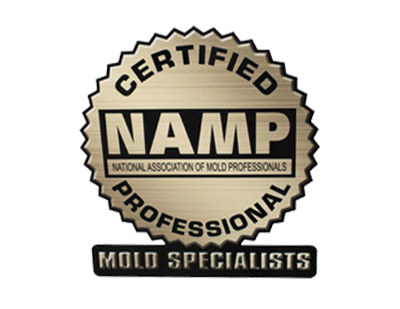Dealing with water damage at home is an unsettling experience. Among the factors to consider is whether it is safe to stay in your home while the damage persists. Particularly when it comes to sleeping, the risks associated with water damage can be significant. What actions should you take to protect yourself and your family? In this section, we’ll examine the safety considerations you should keep in mind when sleeping in a house with water damage.
Key Takeaways
- Sleeping in a house with water damage poses numerous risks to your health and safety
- These risks include mold, structural damage, and electrical hazards
- Before considering staying in your home, take precautions such as proper ventilation and monitoring for mold growth
- If the damage is extensive, seek professional help for proper restoration and ensure a healthy living environment
Assessing the Risks of Sleeping in a Water-Damaged Home
Water damage in a home can create numerous risks, making it potentially hazardous to sleep there. These risks extend beyond just being uncomfortable or inconvenient. Here are some significant risks you should consider before settling in for the night:
| Health Hazards | If your home has experienced water damage, there could be an increased risk of exposure to harmful pathogens, bacteria, and toxins, such as mold and mildew. Exposure to these substances can cause respiratory problems, allergic reactions, and other health issues. |
|---|---|
| Structural Instability | Water damage can weaken your home’s structure, including the walls, floors, and foundation. This could make your home more susceptible to collapse, especially in the event of additional water damage or natural disasters such as earthquakes or heavy storms. The risks of structural collapse are particularly high in multi-story or older homes. |
| Electrical Safety Concerns | Water and electricity do not mix. Water damage can damage electrical systems, leading to exposed wires, circuits, and electrical appliances that could cause an electric shock or fire. It is crucial to ensure that your home’s electrical system is thoroughly inspected and repaired before occupying it again. |
With these substantial risks, it is clear that sleeping in a water-damaged home could endanger your health and safety. If you have no other option, take the necessary precautions to minimize the risks.
Precautions for Sleeping in a House with Water Damage
If you must stay in your water-damaged home, it’s essential to take precautions to ensure your safety. Here are some steps you can follow:
- Ensure proper ventilation: Open windows and doors to increase air flow and reduce the risk of mold growth. Use fans or dehumidifiers to keep the area dry.
- Monitor for mold growth: Keep an eye out for any signs of mold, such as a musty smell, discolored walls or ceilings, or respiratory problems. If you suspect mold growth, contact a professional immediately.
- Use temporary accommodations: If possible, consider staying with friends or family, or in a hotel or rental property until the water damage is repaired.
- Avoid electrical hazards: Do not touch electrical appliances or wiring if they are wet, and turn off the power at the main breaker if it is safe to do so.
Remember, these precautions can only minimize the risks associated with sleeping in a water-damaged house. It’s crucial to address the water damage promptly and properly to ensure a healthy living environment.
Refer to the table below for a summary of precautions for sleeping in a house with water damage.
Precautions for Sleeping in a House with Water Damage Summary
| Precautions | Description |
|---|---|
| Ensure proper ventilation | Open windows and doors, use fans or dehumidifiers to keep the area dry. |
| Monitor for mold growth | Keep an eye out for any signs of mold growth, such as a musty smell, discolored walls or ceilings, or respiratory problems. |
| Use temporary accommodations | Stay with friends or family, or in a hotel or rental property until the water damage is repaired, if possible. |
| Avoid electrical hazards | Do not touch electrical appliances or wiring if they are wet, and turn off the power at the main breaker if it is safe to do so. |
Getting Professional Help for Water Damage Restoration
If your home has incurred water damage, it’s crucial to address the situation properly to avoid health hazards and structural damage. Water damage restoration requires professional help, and attempting this yourself can lead to further issues.
When seeking professional help, ensure that the technician holds the appropriate certifications and licensing for the job. Companies like ServiceMaster Restore offer expert services to assess and repair water damage, reducing the risks of living in a compromised environment.
Professional help should be sought as soon as possible after the water damage has occurred, as delays can result in greater damage and risks. Water damage restoration professionals use specialized equipment to detect and address the extent of the damage and ensure that the environment is safe for you and your family.
ServiceMaster Restore’s Water Damage Restoration Process
| Step | Description |
|---|---|
| Assessment | The extent and source of the damage is assessed using specialized equipment to determine the appropriate repair plan. |
| Water Removal | Excess water and moisture are removed using professional-grade equipment to prevent mold and further damage. |
| Drying and Dehumidifying | The affected areas are dried and dehumidified using state-of-the-art equipment to prevent moisture buildup and mold growth. |
| Cleaning and Sanitization | All surfaces are cleaned and sanitized to prevent the spread of bacteria and mold. |
| Restoration | Structural repairs are made, and the affected areas are restored to their pre-damaged condition. |
Remember, seeking professional help for water damage restoration is crucial for ensuring a safe living environment. Contact a trusted company like ServiceMaster Restore to get started on repairing the damage in your home.
Conclusion
In conclusion, it’s essential to prioritize your safety when deciding whether to sleep in a house with water damage. While certain precautions, such as proper ventilation and monitoring for mold growth, can be taken, it’s always wise to seek expert assistance to ensure proper water damage restoration.
Ignoring the risks associated with sleeping in a water-damaged home can lead to potential health hazards and structural instability. You may be tempted to stay put and address the problem yourself, but doing so can put you and your family in danger.
Therefore, it’s highly recommended that you seek the help of professionals who have the necessary equipment, expertise, and experience to restore your home safely. This will give you peace of mind knowing that your living environment is healthy and secure.
In summary, while it’s not advisable to sleep in a house with water damage, there are steps you can take to minimize the risks. However, your safety should always come first, and it’s crucial to reach out to experts for water damage restoration to ensure a safe and healthy living environment.
FAQ
Is it safe to sleep in a house with water damage?
Sleeping in a house with water damage can pose several safety risks, including potential health hazards, structural instability, and electrical safety concerns. It is generally not advisable to sleep in a water-damaged home.
What are the risks of sleeping in a water-damaged home?
Sleeping in a water-damaged home can lead to various risks. These include exposure to mold spores, which can cause respiratory issues, allergies, and other health problems. Additionally, water damage can weaken the structure of the house and compromise its stability. There may also be electrical hazards due to water infiltration.
What precautions should I take if I choose to sleep in my water-damaged home?
If you decide to sleep in a house with water damage, it is essential to take certain precautions. Ensure that the area is well-ventilated to prevent the buildup of mold. Regularly inspect for any signs of mold growth, such as a musty odor or visible patches. Use dehumidifiers or fans to reduce moisture levels. If the damage is extensive or poses significant risks, consider staying in temporary accommodations until the water damage is properly addressed.
Why should I seek professional help for water damage restoration?
Seeking professional help for water damage restoration is crucial for several reasons. Professionals have the expertise and equipment to assess the extent of the damage accurately. They can identify hidden moisture and potential issues that may not be visible to the naked eye. Professional restoration services also ensure that the affected areas are thoroughly dried, cleaned, and disinfected, reducing the risk of mold growth and other long-term damage. DIY attempts may not fully address the underlying issues, leading to further complications.
What is the importance of proper water damage restoration?
Proper water damage restoration is vital for the health and safety of occupants. It helps prevent mold growth, which can contribute to respiratory problems and allergies. Additionally, restoring the water damage ensures structural stability, eliminating risks of collapse or further deterioration. Professional restoration also helps salvage as much of the affected property as possible while minimizing the cost and time involved in repairs.
How can I prioritize my safety when dealing with water damage?
To prioritize your safety when dealing with water damage, it is crucial to avoid sleeping in the affected areas if possible. Contact a reputable water damage restoration company to assess and mitigate the damage. Follow their recommendations and guidelines to create a safe living environment. If necessary, make alternate living arrangements until the restoration process is complete.
Can I restore the water damage myself?
While some small-scale water damage can be addressed with DIY efforts, it is generally recommended to seek professional help for water damage restoration. Professionals have the necessary expertise, equipment, and experience to handle the situation effectively and minimize potential risks. Attempting restoration without the proper knowledge and tools may result in incomplete repairs or overlooked issues, leading to further damage and health hazards.







